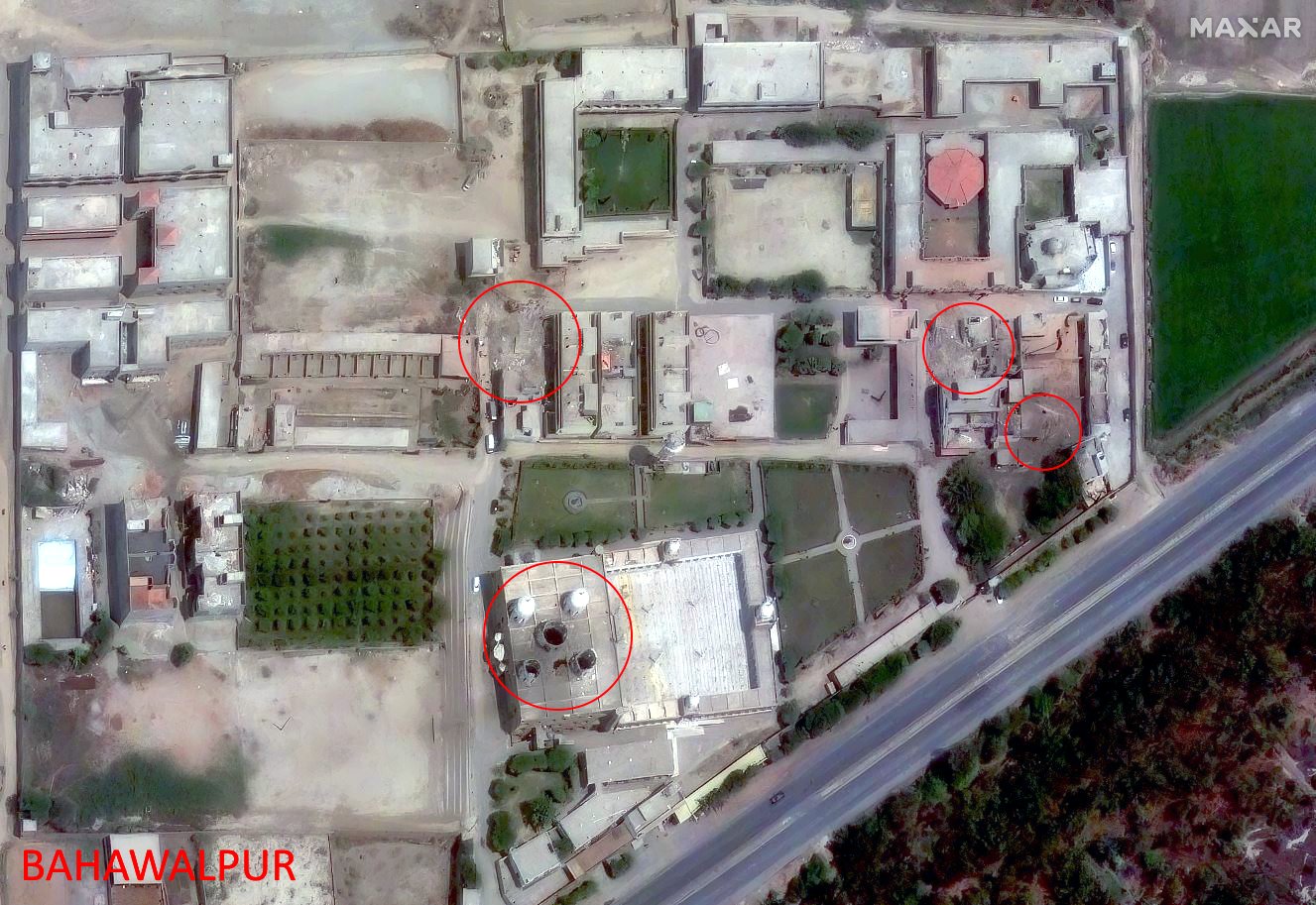Dear Express reader, It was the week of the Emergency anniversary. An occasion for members of the BJP-led government to point to a black period when constitutional democracy, the rights and freedoms it guarantees for its citizens, the intricate system of institutional checks and balances it sets in place, were suspended by a Congress regime on June 25, 1975. It was also a chance for the Congress to hit back, to point to the “undeclared Emergency”, the sustained shrinking of spaces for freedoms and weakening of institutions in the Narendra Modi regime. You could catch up with both arguments on our oped on Saturday — Union minister Prakash Javadekar and former Bihar deputy chief minister Sushil Modi took the podium on behalf of the BJP to target Congress, while former Union minister and Congress MP Manish Tewari fired back from the other side of the line. The Emergency anniversary is an important day to mark, of course. The story of how it happened, and who did it, must be retold, not just as ritual, but as reminder of the essential fragility of the democracy project. But the anniversary is also the time to ask a question that is seldom asked: Why does the issue of individual and institutional freedoms and state transgressions against them not become the stuff of election campaigns? Elections are rarely won or lost on these issues. Sure, the Indira Gandhi regime was resoundingly voted out in 1977, and by all accounts, the excesses of the Emergency were the main reason. But it is almost as if the spectacular nature of the crimes of state perpetrated during the Emergency have ensured that a less dramatic infringement of freedom of the citizen, a quieter crossing of the line by the state, is not noticed. It is tolerated, even normalised. It could also be that the individual freedom story has not become an essential part of the larger political story because the latter is still more about individuals placing demands on the state, rather than seeking to enlarge spaces for manoeuvre and growth outside it. I have traveled as a reporter in several elections, parliamentary as well as assembly, and what continues to be a dominant theme is the centrality taken by the state and accorded to it, and the fact that almost all questions are addressed to it, even when it is absent or not listening. It is because the state is already an arbitrary and overbearing presence for most people in an institutionally denuded landscape, perhaps, that issues of state “excess” do not automatically get a rise from them. To take just one example, the incident on campus in a premier university, JNU, in February 2016, following which sedition cases were filed against students for raising “anti-national” slogans, did not resonate beyond very small sections, in either the 2017 election in Uttar Pradesh, or in the Lok Sabha poll in 2019. In the 2017 UP election, demonetisation, announced only months earlier in November 2016, was read in many ways, mostly favourable to the Modi government at the Centre — it was not seen as a unilateral and arbitrary disruption of people’s lives by a state with a god complex. One of the reasons for this could be that the individual freedoms story lacks a credible story teller. All parties have blemished records on this score — you only have to see the staggering centralisation of power in the Chief Minister’s office, the visible upper hand given to selectively empowered bureaucrats and the systematic undermining of elected ministers and legislators in states ruled by regional parties like Nitish Kumar’s JD(U) in Bihar. And the Congress, of course, has not just Emergency, but also draconian legislation to its discredit. Another Emergency anniversary has come and gone. Once more, it has ruffled no political feathers. Vandita | 
No comments:
Post a Comment